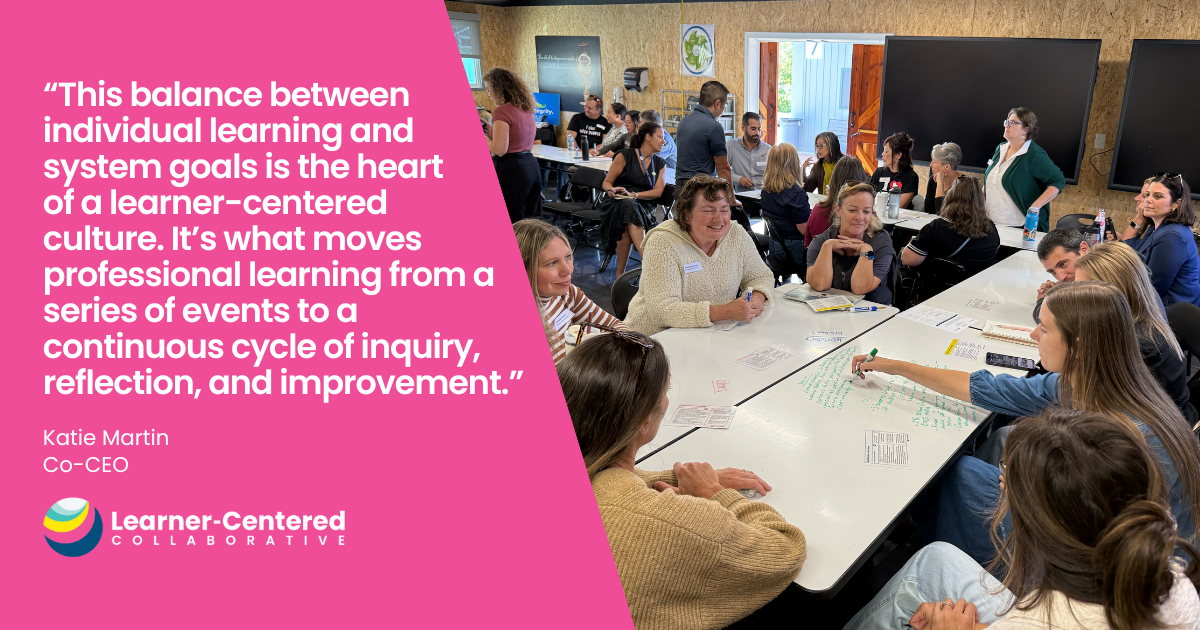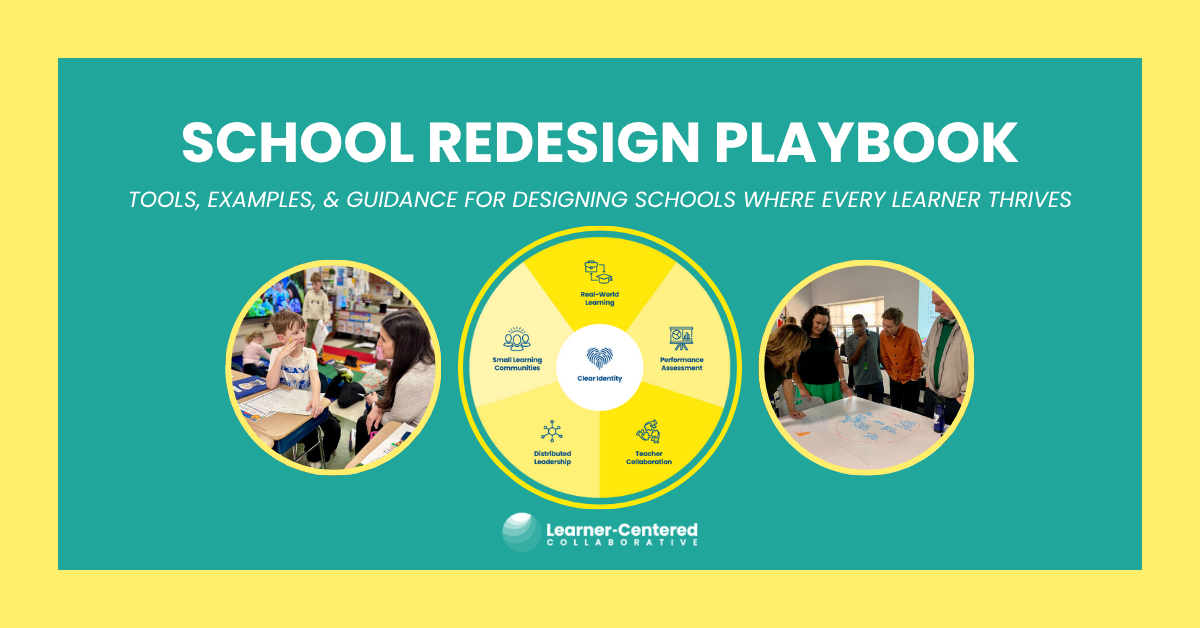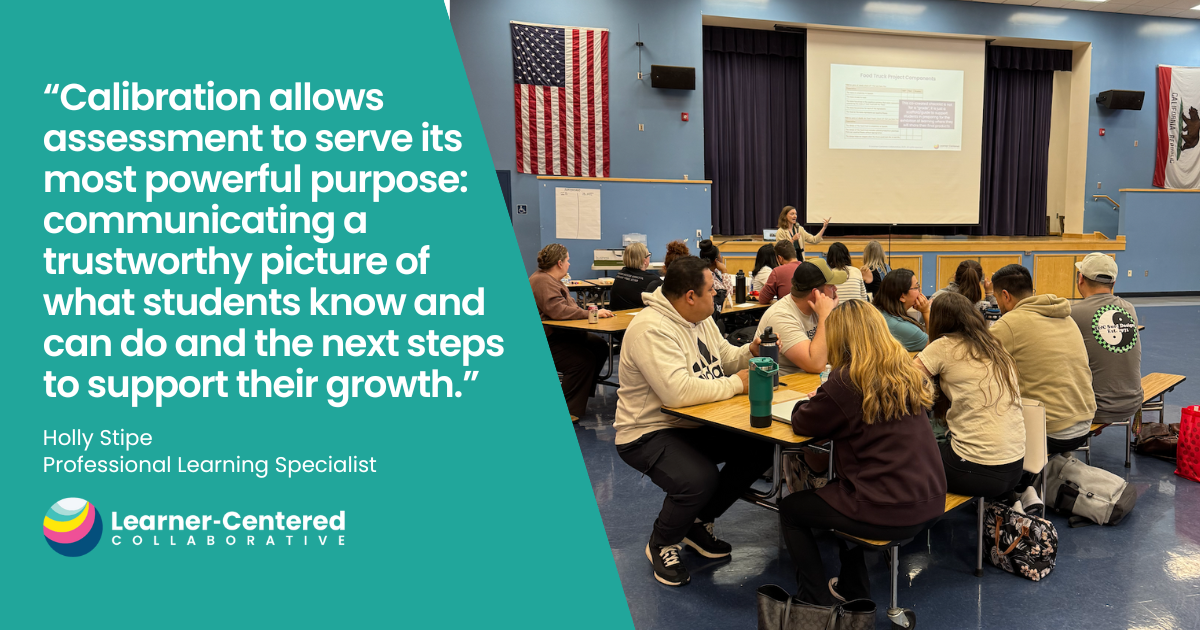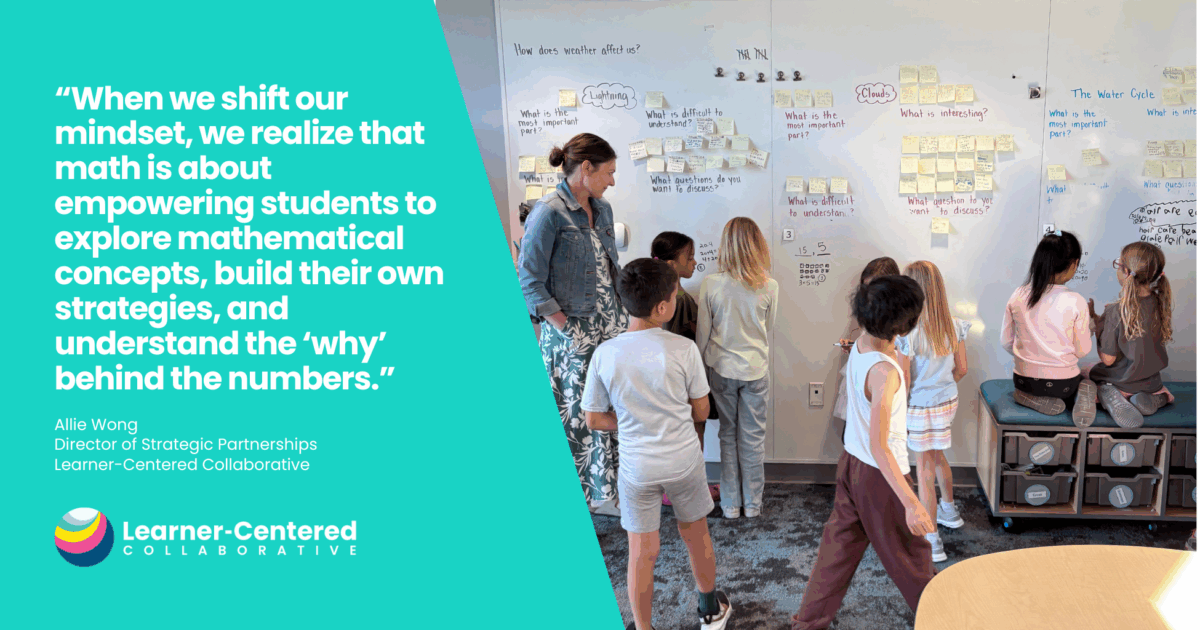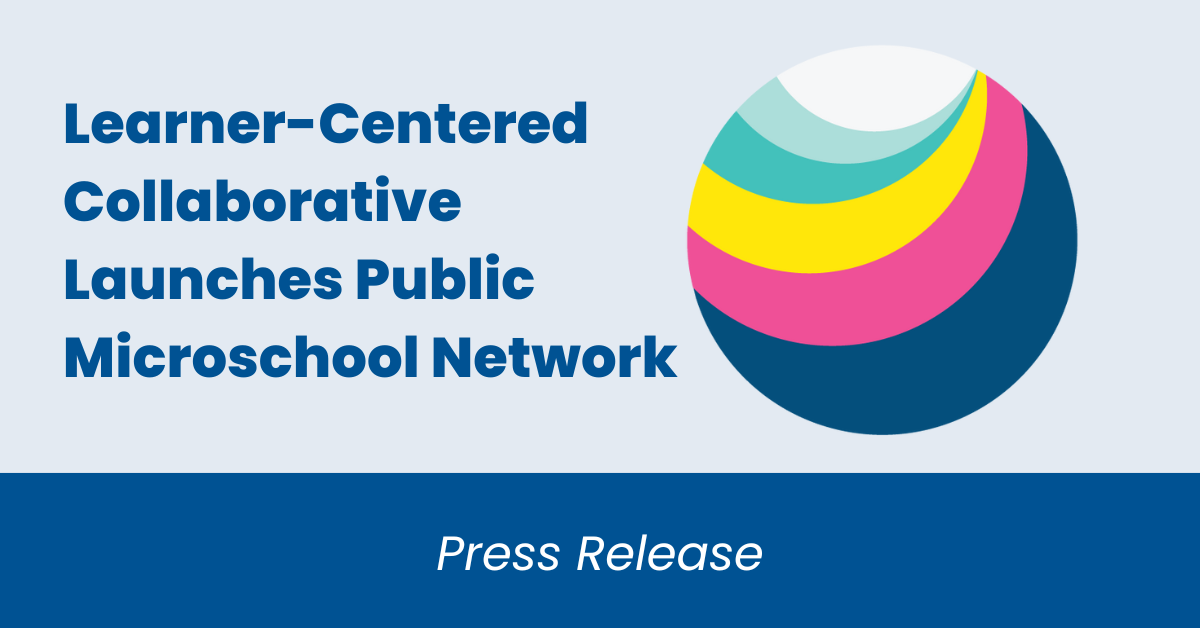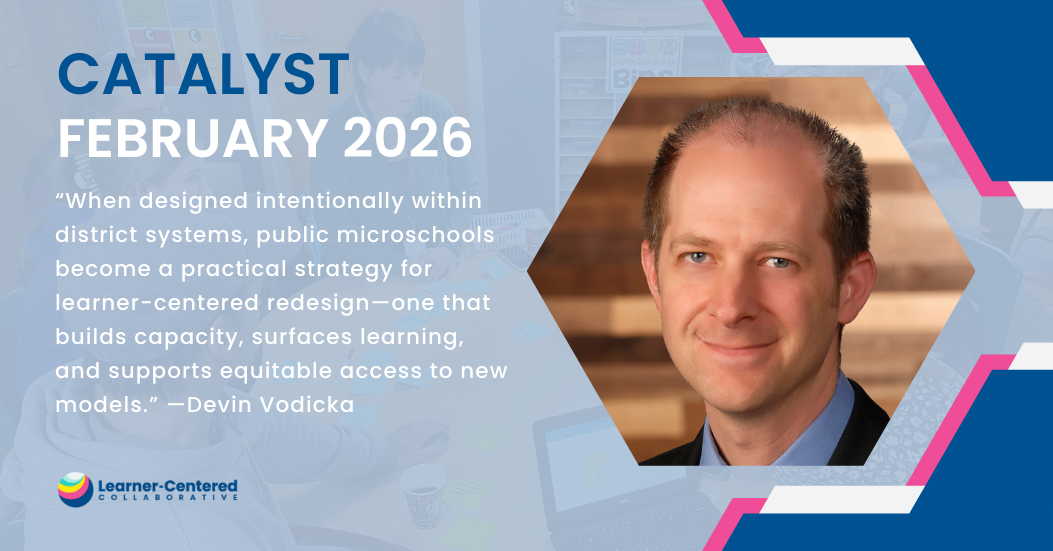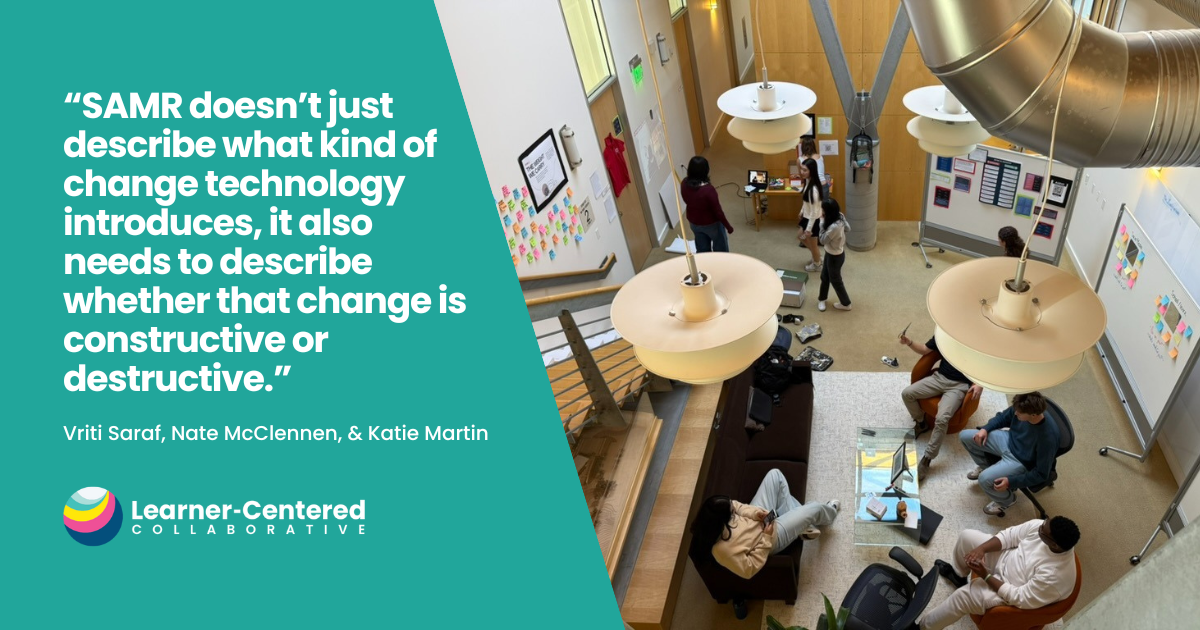Coaching and Mentoring Programs
Overview:
Transforming schools into learner-centered environments begins with investing in the people closest to students– teachers. Coaching and mentoring are not just supports– they are catalysts for lasting change. When educators are supported to reflect, take risks and grow in community with one another, they develop the confidence and skill to design experiences where learners take ownership, agency flourishes and authentic learning comes alive.
Just like students, educators deserve personalized support that honors their context, builds on their strengths and challenges them to grow. It’s also valuable at every stage of an educator’s career, not just for beginning educators or when there is a new practice we want to coach. It is an important lever for all educators to deepen and strengthen their practice. Coaching and mentoring provide the space for reflection, collaboration and real-time feedback that enable teachers to shift practice in meaningful, sustainable ways.
Bright Spots
Coaching Through Shared Learning
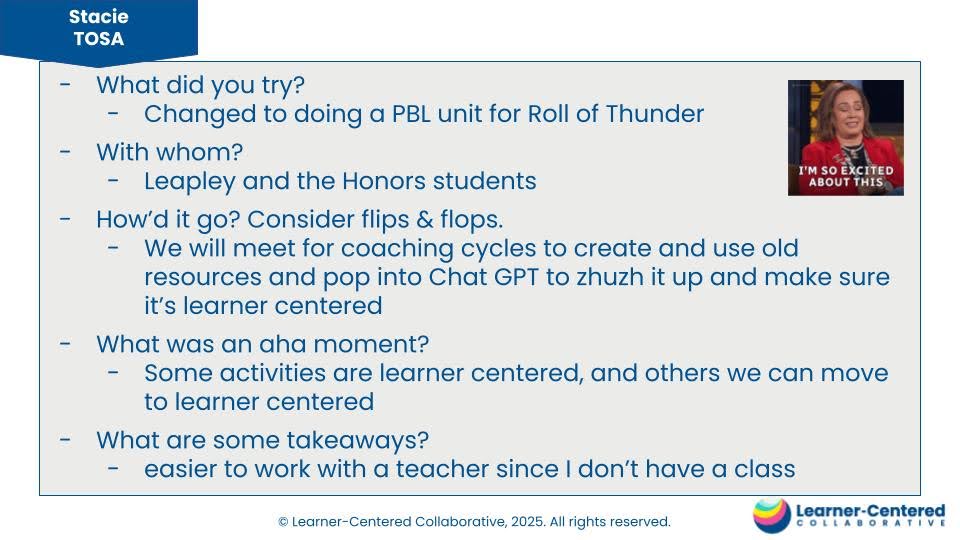
A coach’s reflection after implementing a learner-centered strategy during a learning cycle through the Innovation Cohort.
A powerful shift happened at Lamont USD when coaches participated in professional learning sessions alongside teachers, not just as observers, but as learners themselves. By engaging in professional learning with the teachers, coaches gained firsthand insight into the instructional shifts teachers were making. Sitting shoulder-to-shoulder in the same professional learning sessions built trust, deepened relationships, and grounded coaching in real-time understanding. Because coaches were right there in the learning experience, they were able to support teachers more effectively.
They had the context to understand each teacher’s specific goals, questions, and challenges, allowing them to personalize their coaching and offer more relevant, timely support. Additionally, coaches created their own action plans to apply what they learned and reflected on their experiences between meetings. This cycle of action and reflection strengthened their skills and presence as learner-centered coaches. By modeling the same learning stance expected of teachers, coaches elevated their own practice while amplifying support for the educators they serve.
Collegial Coaching
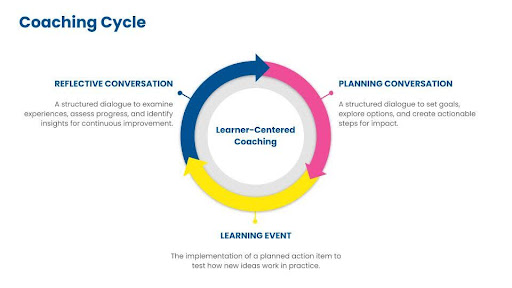
At Learner-Centered Collaborative, we engage in Collegial Coaching, a peer-based process where colleagues support one another through reflection, feedback, and shared learning. It’s not evaluative; it’s about growing together. We do this to foster continuous professional growth, improve the quality of our work, and strengthen relationships across our team.
Collegial Coaching creates a supportive space to reflect on practice, share expertise, and develop a coaching mindset grounded in curiosity, trust, and collaboration. This work is guided by a simple, repeatable coaching cycle that helps structure meaningful conversations and intentional growth. At its core, it helps build collective efficacy and a culture where learning is ongoing, for individuals and for the organization as a whole.
Teaching Square
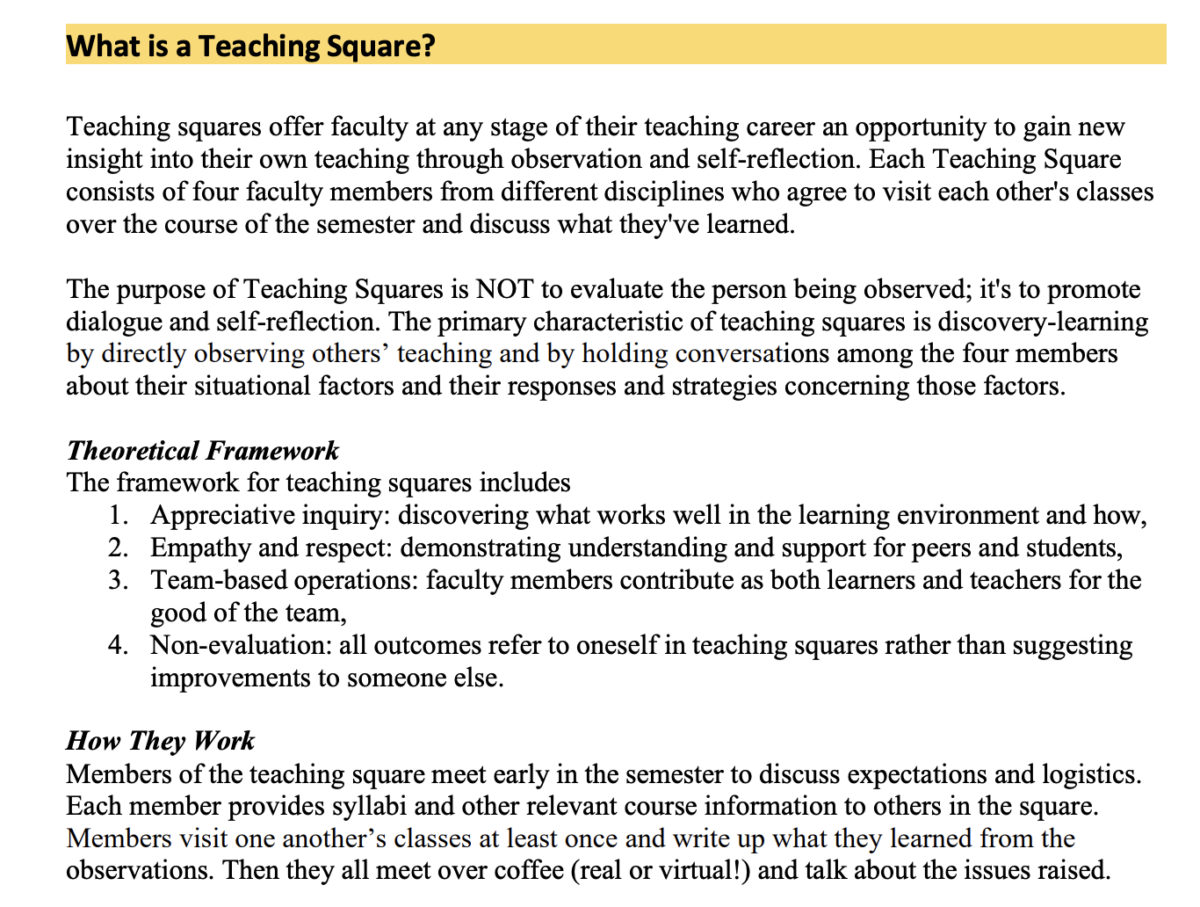
At University of Central Florida, instructors take part in Teaching Squares, groups of 4 faculty members that observe each others’ practice, self-reflect and discuss feedback and learnings with each other.
Educator Residency & Mentors: Building a Pipeline of Educators
By loading this video, you agree to the privacy policy of abc30.com.
To meet their staffing needs and advance their proficiency-based approach to teaching and learning, Lindsay Unified has partnered with Alder Graduate School of Education to offer a 1 year Master’s and Credential Residency program.
Through this program, Residents are paired with an experienced LUSD Mentor teacher who supports their learning daily over the year and is also engaged in their own professional learning. Mentors are learning and growing their skills as a coach to the residents while also continuing to develop their own teaching practices.
RESOURCES:
📖 The Impact of Instructional Coaches in Turning the Tide
📖 One to Grow On / Collegial Conversations can Fuel Teacher Growth
📖 Collegial Coaching for Mutual Benefit
🧰 Collegial Coaching Pop-in Observation Tool
🎧 Coaching Conversations with Jim Knight
🖥 Elena Aguilar’s Bright Morning Blog
Questions to Consider:
- How do our current coaching and mentoring structures support learner-centered teaching and learning?
- In what ways are teachers given time, space and trust to reflect on and grow their practices?
- How might we build mentorship opportunities that honor teacher expertise and foster collaboration?
